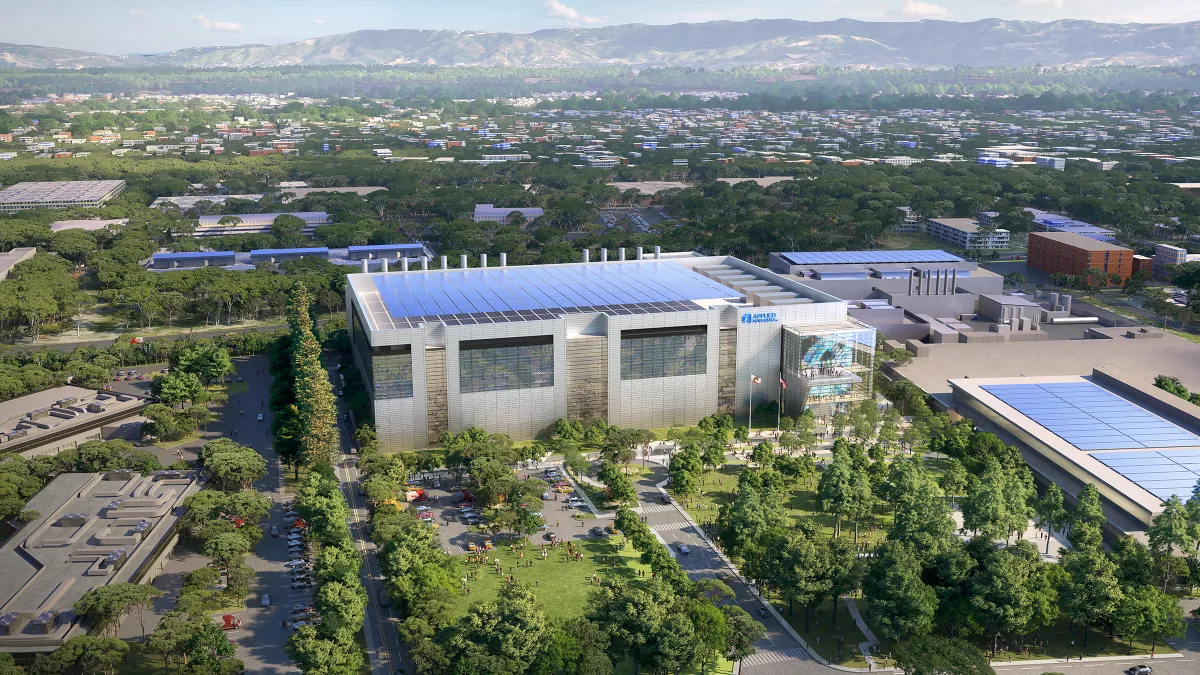More than 3,200 Boeing workers went on strike early Monday morning at the planemaker’s Illinois and Missouri facilities after they voted to reject the company’s second contract offer, according to an International Association of Machinists and Aerospace Workers press release.
The facilities in St. Louis and St. Charles, Missouri, and Mascoutah, Illinois, assemble fighter jets such as the F-15 and F/A-18, the T-7A Red Hawk trainer, and the MQ-25 Stingray unmanned refueler under Boeing’s defense segment.
Boeing’s “last, best and final offer” withdrew alternative workweek schedules, added a reward for good attendance at $0.50 per hour, and a $5,000 bonus, contingent upon the contract being ratified by the end of Sunday. Since the union voted to reject the offer, Boeing said it will withdraw the $5,000 ratification bonus.
In January, Boeing also laid off 692 employees at its facilities in Missouri.
“IAM District 837 members have spoken loud and clear, they deserve a contract that reflects their skill, dedication, and the critical role they play in our nation’s defense,” IAM District 837 Directing Business Representative Tom Boelling said in a statement. “We stand shoulder to shoulder with these working families as they fight for fairness and respect on the job.”
Sunday’s vote follows the machinists’ rejection of Boeing's initial proposal on July 27, which the plane manufacturer called “the richest contract offer” ever presented to IAM District 837. The first offer included a 20% wage increase, improvements to overtime as well as upholding and strengthening medical benefits, according to the labor union's website.
The two parties began contract negotiations about a month before the previous contract expired July 28. The machinists rejected Boeing’s initial proposal and a seven-day cooling-off period followed before a strike began Aug. 4. During that time, Boeing and IAM District 837 resumed negotiations July 31.
“We’re disappointed our employees rejected an offer that featured 40% average wage growth and resolved their primary issue on alternative work schedules,” Boeing said in an Aug. 3 statement. “We are prepared for a strike and have fully implemented our contingency plan to ensure our non-striking workforce can continue supporting our customers.”
No talks have been scheduled to resume negotiations at this time, IAM said in an email on Monday.
This is the second strike Boeing has experienced in less than a year, following its recovery from the Alaska Airlines doorplug incident and bruised finances. There was a nearly two-month work stoppage last year due to about 33,000 Boeing employees of IAM District 751 and W24 striking at the company’s commercial aircraft facilities in Washington, Oregon and California. The commercial plane strike significantly hurt Boeing’s finances, contributing to an $11.8 billion loss in 2024.
If a strike occurs at its Missouri and Illinois facilities, the company will manage through it, since the numbers of employees there is significantly smaller than at its West Coast sites, Boeing President and CEO Kelly Ortberg said in a July 29 earnings call.
Comparatively, Boeing’s defense, space and security business is also smaller than its commercial airplanes segment. Boeing’s revenue for the first division was $6.6 billion in Q2 and $12.9 billion in H1, whereas Boeing’s commercial division saw $10.9 billion in Q2 and $19 billion in the first half of 2025, according to an earnings release last week.
Still, Boeing’s BDS as well as its global services for the United States government will be disrupted, the company said in a recent second quarter securities filing. Additionally, the plane manufacturer stated that its financial position, as well as its operations and cash flow results, will be “adversely impacted.”
Boeing also has major contracts with the U.S. Department of Defense. The agency awarded Boeing and Lockheed Martin a contract to develop a new fighter jet, the F-47, valued at $20 billion.
The last time IAM District 837 went on strike at the Missouri facilities was in 1996, lasting 99 days, when the site was operated under McDonnell Douglas, according to the union’s May 2010 press release. The following year, McDonnell Douglas merged with Boeing.





















